Pet Owner Information
Board certification is the highest level of veterinary specialization and requires completing 3 to 6 years of training beyond the degree of Doctor of Veterinary Medicine (DVM).
A Diplomate of the American Veterinary Dental CollegeTM (DAVDC) is certified by the American Veterinary Dental CollegeTM as having demonstrated specialist knowledge and expertise in veterinary dentistry after completing training requirements and passing an examination. For more information, please visit the AVDC website.
Pet Parents
What to expect on the day of your pet’s procedure?
Please follow all pre-operative instructions. A team member will confirm your pet’s health status and medications received in the last 48 hours. Once your pet is admitted to our clinic, we ask that you be available by phone if we need to contact you with any unexpected findings during your pet’s procedure. After your pet’s procedure is completed, we will update you on how it went and give you an anticipated discharge time. At discharge, we will review care instructions and follow-up recommendations so you can take the best care of your pet as they heal and recover at home.
We will share a report of the oral diagnosis and treatment with you and your family veterinarian by email.
Payment Options
Payment is due at the time of service. For your convenience, we accept all major credit cards.
We also accept CareCredit and ScratchPay, which provide financing options to make convenient monthly payments on your pet’s care. To learn more about CareCredit, please visit CareCredit or visit ScratchPay for more information.
Home Dental Care
Dogs and cats need to have their teeth cleaned regularly. Plaque hardens and becomes tartar on the teeth. The bacteria in plaque cause inflammation of the gums leading to gingivitis. If left untreated, gingivitis may result in bone loss and the necessity for tooth extractions. This can be reduced with daily home care and with yearly professional dental cleanings.
Daily home care includes cleaning your pet’s teeth with a toothbrush and a toothpaste formulated for dogs and cats. We will provide you with detailed brushing instructions and can demonstrate brushing your pet’s teeth for you.
There are dental pet foods specially designed to remove plaque, and there are also a variety of dental chews and toys to help keep your pet’s teeth clean.
Another benefit of daily home care is becoming familiar with your pet’s mouth, making it easier for you to detect something abnormal. This could be something as noticeable as a fractured tooth or something more subtle like tooth discoloration or an oral growth. Please bring any changes you notice to the attention of your veterinary dentist to decide how to proceed.
Treating abnormalities will be essential in assuring your pet’s overall health. If you are concerned about your pet’s oral health, it is best to have a veterinary dentist evaluate the condition. An oral exam can be very informative.


